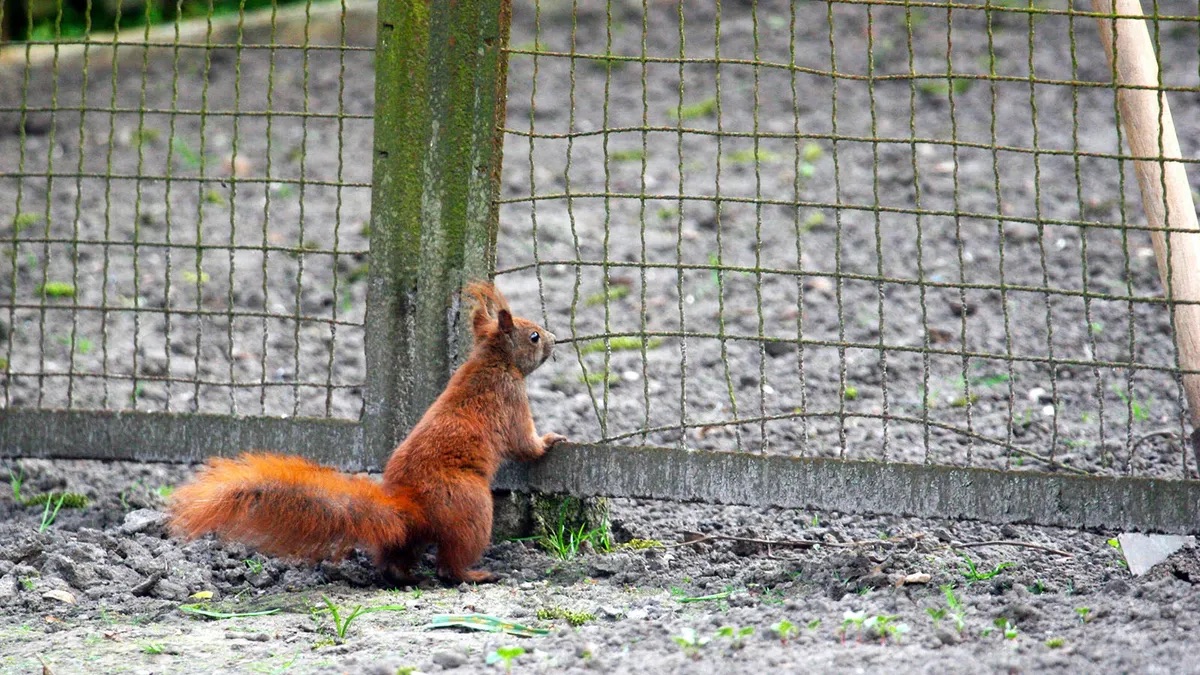

Articles
How To Keep Squirrels Out Of My Garden
Modified: March 2, 2024
Learn effective gardening techniques to keep pesky squirrels from invading your garden and damaging your plants. Protect your hard work and enjoy a squirrel-free garden!
(Many of the links in this article redirect to a specific reviewed product. Your purchase of these products through affiliate links helps to generate commission for Storables.com, at no extra cost. Learn more)
Introduction
Welcome to the world of gardening, where you can cultivate beautiful flowers, grow delicious fruits and vegetables, and create your very own slice of paradise. But what happens when your peaceful garden becomes a battleground invaded by mischievous squirrels? These cute and seemingly harmless creatures can wreak havoc on your carefully tended plants, undermining all your hard work. In this article, we will explore effective strategies and techniques to keep squirrels out of your garden.
The presence of squirrels in your garden can be frustrating. They can dig up and destroy newly planted seeds, munch on tender leaves, and nibble away at your harvest. Understanding the squirrel problem is the first step in addressing it.
Key Takeaways:
- Understanding the behavior and preferences of squirrels, identifying their attraction to your garden, and implementing natural deterrents can help minimize their impact and protect your plants effectively.
- Incorporating physical barriers, repellents, and scare devices, along with a well-planned harvesting strategy, creates a comprehensive approach to deterring squirrels and safeguarding your garden’s yield.
Read more: How To Keep Squirrels Out Of Gutters
Understanding the Squirrel Problem
Squirrels are highly adaptable and intelligent creatures. They are excellent climbers and jumpers, allowing them to easily access your garden. They possess sharp teeth that can chew through various barriers, making them a formidable foe in the war against gardening enthusiasts. Before formulating your squirrel strategy, it’s important to identify the common squirrel species in your area.
Identifying Common Squirrel Species
There are several species of squirrels that may be causing havoc in your garden. The most common ones include the Eastern Gray Squirrel, Red Squirrel, and Fox Squirrel. Each species has its own unique characteristics and behaviors. By familiarizing yourself with the specific squirrel species in your region, you can better tailor your squirrel deterrents and elimination methods.
Determining the Attraction
Once you’ve identified the squirrels in your area, it’s essential to identify what is attracting them to your garden. Squirrels are attracted to various sources, including food, water, and shelter. Determine if there are any bird feeders, fallen fruits, or unsecured garbage cans that may be luring squirrels into your garden. By removing the attractants, you can significantly reduce their presence.
Natural Squirrel Deterrents
If you prefer an organic approach, there are several natural deterrents you can use to discourage squirrels from invading your garden. One effective method is to spread mulch made from materials squirrels find unpleasant, such as thorny branches or mesh netting. Squirrels dislike the texture and will be deterred from digging and foraging in your garden beds.
Planting certain herbs and flowers can also act as natural squirrel repellents. Squirrels have aversions to strong scents and tastes, so consider planting mint, lavender, marigold, or garlic around the perimeter of your garden. These plants not only add beauty to your garden but also help keep squirrels at bay.
Key Takeaways:
- Understanding the behavior and preferences of squirrels, identifying their attraction to your garden, and implementing natural deterrents can help minimize their impact and protect your plants effectively.
- Incorporating physical barriers, repellents, and scare devices, along with a well-planned harvesting strategy, creates a comprehensive approach to deterring squirrels and safeguarding your garden’s yield.
Read more: How To Keep Squirrels Out Of Gutters
Understanding the Squirrel Problem
Squirrels are highly active and agile creatures, known for their acrobatics and ability to access even the most secure areas. Understanding the behavior and characteristics of squirrels is crucial in developing effective methods to keep them out of your garden.
First and foremost, squirrels are opportunistic feeders. They have a varied diet, consisting of nuts, seeds, fruits, vegetables, and even bird eggs. This means that almost any plant in your garden can be a potential target for these furry invaders. Squirrels have sharp teeth that allow them to chew through various materials, including wood, plastic, and even metal, making them quite the formidable opponent when it comes to protecting your garden.
Squirrels are excellent climbers and jumpers, capable of easily accessing your garden from trees, fences, or nearby structures. They are agile enough to navigate through branches and narrow openings, making it difficult to keep them out. Additionally, squirrels are known to be persistent, so once they find a food source or shelter in your garden, they will likely keep coming back.
Knowing the common squirrel species in your area is also important. The Eastern Gray Squirrel is the most prevalent species, known for its gray fur and bushy tail. They are adaptable and can live in various environments, including urban areas. The Red Squirrel, on the other hand, is smaller and more territorial. They are typically found in wooded areas and have a reddish-brown coat. Finally, the Fox Squirrel is larger in size, with a rust-colored fur. They are commonly found in open woodlands or suburban areas.
Understanding the natural behaviors and preferences of squirrels can help in devising effective strategies to deter them. For example, squirrels are typically active during the day, so monitoring their feeding patterns can give you insight into their visitation times. Additionally, squirrels have a keen sense of smell and are attracted to certain scents, such as those of ripe fruits and nuts. By minimizing these attractants, you can reduce the chances of squirrels infiltrating your garden.
While squirrels can be persistent and challenging to deal with, it’s essential to remember that they are just trying to survive and find food. Taking a humane approach in managing the squirrel problem is always encouraged. By implementing effective deterrents and methods, you can find a balance between protecting your garden and coexisting with these lively creatures.
Identifying Common Squirrel Species
When it comes to dealing with squirrels in your garden, it’s essential to know which species you’re dealing with. This knowledge will help you understand their behavior, preferences, and the most effective methods for keeping them at bay. Here are some common squirrel species that you may encounter:
1. Eastern Gray Squirrel
The Eastern Gray Squirrel is perhaps the most prevalent squirrel species found in North America. They typically measure between 17-20 inches long, including their bushy tail. Their fur can vary from gray to brownish-gray, providing excellent camouflage in tree canopies and urban environments. Eastern Gray Squirrels are known for their ability to adapt to various habitats, including forests, parks, and even urban areas.
2. Red Squirrel
The Red Squirrel is a smaller species, measuring around 11-14 inches in length, including their tail. They have distinctive reddish-brown fur with white fur on their bellies. Red Squirrels are more commonly found in wooded areas, particularly coniferous forests. They are agile climbers and have a territorial nature, fiercely defending their territories against other squirrels.
3. Fox Squirrel
The Fox Squirrel is larger than the Eastern Gray and Red Squirrels, measuring between 20-27 inches in length, including their bushy tail. They have a rust-colored coat with shades of red, brown, and gray. Fox Squirrels can be found in a variety of habitats, including open woodlands, parks, and suburban areas. They are known for their foraging habits, hoarding large quantities of nuts and seeds for the winter months.
Identifying the squirrel species in your area can help you tailor your squirrel management strategies. For example, if you’re dealing with Eastern Gray Squirrels, you may need to focus on tree protection methods, while Red Squirrels may require specific deterrents to keep them away from your garden beds. Additionally, understanding their behavior and feeding habits will allow you to develop effective strategies to deter them from your garden.
Remember that each squirrel species has its own unique characteristics, so it’s essential to research and observe the squirrels in your specific location to best address the challenges they present in your garden. By understanding their habits and preferences, you can implement targeted methods to prevent them from wreaking havoc on your beloved plants.
Determining the Attraction
When it comes to dealing with squirrels in your garden, it’s crucial to identify what is attracting them in the first place. Determining the attractions will help you develop effective strategies to reduce their presence and protect your plants. Here are some common factors that may be drawing squirrels to your garden:
- Food Sources: Squirrels are opportunistic eaters and will take advantage of any available food sources. Fallen fruits, bird feeders, birdseed, and garden vegetables are all potential meals for these furry critters. Take a careful look at your garden and surrounding area to identify any food sources that may be enticing squirrels to visit.
- Vegetable Gardens: Squirrels have a taste for fresh vegetables and are notorious for raiding vegetable gardens. If you have a vegetable patch, this may be a primary attraction for squirrels. Take note of any crop damage or signs of nibbling to determine if squirrels are the culprits.
- Bird Feeders: While bird feeders can be a delightful addition to any garden, they can also be an easy food source for squirrels. Squirrels are excellent climbers and will find a way to access the birdseed. Look for evidence of squirrels pilfering from your bird feeders, such as scattered seed or chewed plastic components.
- Garden Structures: Squirrels are creative and resourceful when it comes to finding shelter. Garden structures such as sheds, playhouses, or even outdoor furniture can provide cozy hideouts for squirrels. Look for signs of nesting or squirrel activity in these areas.
Once you’ve determined the specific attractions in your garden, it’s time to take action. Here are some strategies to help reduce the attractions and deter squirrels:
- Secure Bird Feeders: Invest in squirrel-proof bird feeders or make modifications to existing feeders to make them inaccessible to squirrels. This can include using baffles or squirrel guards to prevent squirrels from reaching the birdseed.
- Harvest Regularly: For vegetable gardens, harvest crops as soon as they are ripe. Leaving fruits and vegetables on the plant for an extended period can attract squirrels. Additionally, remove fallen fruits from the ground to eliminate another potential food source.
- Protect Garden Beds: Use wire mesh or fencing to create barriers around your garden beds, preventing squirrels from digging and foraging. Ensure the barriers are buried several inches below the surface to discourage squirrels from burrowing underneath.
- Remove Shelter Opportunities: If you have structures in your garden that provide potential shelter for squirrels, seal any openings or access points to prevent them from nesting. Trim tree branches that provide easy access to roofs or other structures.
By identifying and addressing the attractions in your garden, you can significantly reduce the appeal for squirrels. Implementing these strategies along with other targeted deterrents will help protect your plants and create a less enticing environment for these furry intruders.
Natural Squirrel Deterrents
When it comes to deterring squirrels from your garden, there are several natural methods you can employ that are safe for both the environment and the squirrels themselves. These deterrents aim to create an inhospitable environment for squirrels, making them think twice before venturing into your garden. Here are some effective natural squirrel deterrents:
- Mulch with Unpleasant Materials: Squirrels dislike certain textures and materials, such as sharp-edged mulch or prickly branches. By spreading mulch made from materials like thorny stems, pinecones, or gravel around your garden beds, you create an uncomfortable surface for squirrels. This can discourage them from digging and foraging in your garden.
- Planting Squirrel-Repellent Plants: Certain herbs and flowers have scents and tastes that squirrels find unpalatable. Incorporating these plants into your garden can naturally deter squirrels. Mint, lavender, marigold, and garlic are some examples of plants that can help repel squirrels. Plant them strategically around the perimeter of your garden or near valuable plantings to create a squirrel-resistant barrier.
- Use Spices or Hot Pepper: Squirrels have a strong sense of smell, and certain spices or hot pepper can be highly unpleasant for them. Sprinkle chili powder, cayenne pepper, or a mixture of spices around your garden to create a scent barrier that can deter squirrels. Be sure to reapply after rain or watering.
- Introduce Predator Scents: Squirrels are wary of predators, and the scent of their natural enemies can make them think twice before entering your garden. You can purchase predator urine or scented repellents that mimic the scent of foxes, coyotes, or owls. Apply these scents around your garden perimeter to create a natural deterrent.
- Create Noise and Movement: Squirrels are easily startled by sudden noise or movement. Utilize this aversion by placing wind chimes, aluminum foil strips, or even a motion-activated sprinkler around your garden. The erratic movement and unexpected sounds will discourage squirrels from hanging around.
- Regular Garden Maintenance: Keeping your garden tidy and well-maintained can help deter squirrels. Remove fallen fruits or nuts promptly, as these can attract squirrels. Trim tree branches that provide easy access to your garden and keep bushes and shrubs neatly pruned to eliminate hiding spots.
It’s important to note that natural squirrel deterrents may not provide 100% protection against squirrels. However, when used strategically and in combination with other deterrent methods, they can greatly reduce squirrel activity in your garden. Experiment with different natural deterrents to find the most effective approach for your specific circumstances.
Remember to be patient and persistent in your efforts. Squirrels are resilient creatures, and it may take some time to find the right combination of natural deterrents that work for your garden. By creating an environment that is less appealing to squirrels and utilizing their inherent aversions, you can enjoy a garden that is free from their mischievous antics.
Read more: How To Keep Raccoon Out Of Garden
Physical Barriers
In the battle against squirrels, physical barriers can be highly effective in keeping them out of your garden. By creating physical obstacles, you can prevent squirrels from accessing your plants and garden areas. Here are some common physical barriers to consider:
- Wire Mesh Fencing: Installing wire mesh fencing around your garden can create a barrier that keeps squirrels out. Use sturdy wire mesh with small enough gaps to prevent squirrels from squeezing through. Bury the bottom of the fence several inches below the ground to prevent burrowing. Make sure the height of the fence is sufficient to deter squirrels from jumping over.
- Covering Garden Beds: Placing row covers or netting over your garden beds can protect your plants from squirrels. Ensure that the covers are securely fastened to prevent squirrels from getting underneath. This method works particularly well for vulnerable seedlings and young plants.
- Tree Guards: Squirrels can easily climb trees and access your garden from above. Installing tree guards or metal collars around the trunks of trees can prevent squirrels from gaining access. Ensure that the guards are made of durable materials and extend several feet above ground to make it difficult for squirrels to leap onto branches.
- Bird Feeder Cages: If squirrels are raiding your bird feeders, consider using special cages or baffles designed to keep squirrels out while allowing birds to access the feed. These cages or baffles create a physical barrier that squirrels cannot overcome, protecting the bird feed and frustrating the squirrels in the process.
- Planting in Containers: Growing plants in containers can be an effective way to protect them from squirrels. Choose sturdy containers with smooth surfaces that squirrels cannot climb. Elevate the containers on pedestals or use hanging baskets to further deter squirrels’ access.
When implementing physical barriers, it’s crucial to ensure they are properly installed and securely in place. Check for any potential access points that squirrels may exploit, such as gaps in fencing or loose netting. Regularly inspect and maintain the barriers to prevent any damage or wear that could compromise their effectiveness.
While physical barriers can be highly effective, it’s important to note that they may not be suitable for all garden setups or practical for every situation. Consider the specific needs of your garden and the level of squirrel activity to determine which physical barriers will work best for you.
By incorporating physical barriers into your squirrel management strategy, you can create a reliable line of defense against these persistent garden invaders. Remember, a combination of physical barriers, along with other deterrent methods, will provide the best outcomes in squirrel prevention.
Repellents and Scare Devices
Repellents and scare devices can be valuable tools in deterring squirrels from your garden. These methods work by creating unpleasant sensations or triggering fear responses in squirrels, encouraging them to stay away. Here are some effective repellents and scare devices to consider:
- Scent Repellents: Squirrels have a strong sense of smell, and certain scents can repel them. Commercially available squirrel repellents often contain natural ingredients such as garlic, peppermint, or predator urine. Spray these repellents around your garden, focusing on areas that squirrels frequent. Remember to reapply after rain or watering.
- Ultrasonic Repellents: Ultrasonic devices emit high-frequency sounds that are unpleasant to squirrels but inaudible to humans. These devices can be placed in and around your garden to create an uncomfortable sonic environment for squirrels. However, it’s important to note that some squirrels may become desensitized to these sounds over time.
- Motion-Activated Sprinklers: Motion-activated sprinklers are an effective deterrent as they startle squirrels with a sudden burst of water when they approach your garden. The unexpected spray of water mimics a predator attack and can deter squirrels from returning. Position the sprinklers strategically to cover areas where squirrels are frequently seen.
- Scarecrows and Decoys: Scarecrows and decoys can mimic the presence of predators, making squirrels think twice before entering your garden. Install scarecrows or place plastic owls, hawks, or other predator decoys around your garden to create an illusion of danger. However, it’s important to move these scare devices periodically to prevent squirrels from realizing they are not a real threat.
- Noise-Making Devices: Squirrels are wary of sudden or loud noises. Utilize this aversion by installing noise-making devices in your garden. Wind chimes, aluminum foil strips, or even motion-activated noise devices can startle squirrels and encourage them to stay away. Combine these devices with other deterrent methods for increased effectiveness.
- Reflective Tape or Mylar Balloons: Squirrels are often startled by reflective, moving objects. Hang strips of reflective tape or mylar balloons in your garden to create flashes of light and movement that deter squirrels. The reflective surfaces create an illusion of predators or unsettled surroundings, making squirrels think twice before venturing into your garden.
When using repellents and scare devices, it’s important to rotate or vary their placement regularly. Squirrels can become accustomed to stationary deterrents, rendering them less effective over time. By introducing new repellents or regularly moving existing ones, you can maintain their effectiveness and discourage squirrels from adapting.
It’s worth noting that repellents and scare devices are not foolproof and may have varying degrees of effectiveness depending on the individual squirrels and their persistence. It’s always best to combine these methods with other deterrent strategies to maximize their effectiveness and create a comprehensive squirrel management approach.
By incorporating repellents and scare devices into your squirrel control plan, you can add an extra layer of deterrence and increase your chances of keeping squirrels at bay. Experiment with different methods to find the combination that works best for your garden and helps create a peaceful and squirrel-free environment.
Planting Squirrel-Resistant Plants
When dealing with squirrels in your garden, planting squirrel-resistant plants can be an effective strategy to minimize their impact. By selecting plants that squirrels are less likely to munch on, you can reduce the risk of damage and frustration. Here are some tips for choosing and growing squirrel-resistant plants:
- Focus on Highly Aromatic Plants: Squirrels are deterred by strong scents. Planting herbs and flowers with potent fragrances can help keep squirrels at bay. Consider including plants like mint, lavender, rosemary, or catnip in your garden. These aromatic plants not only add beauty and fragrance but also naturally repel squirrels.
- Choose Plants with Bitter or Spicy Tastes: Squirrels have sensitive taste buds and tend to avoid plants with bitter or spicy flavors. Incorporate plants like hot peppers, daffodils, or geraniums into your garden. These plants have natural compounds that deter squirrels due to their intense tastes.
- Opt for Thorny or Prickly Plants: Squirrels dislike plants with thorns or prickles. Consider incorporating shrubs like barberry, holly, or roses into your landscape. These plants create physical barriers and make it challenging for squirrels to access your garden.
- Plant Squirrel-Resistant Bulbs: Squirrels are known for their fondness of digging up and devouring bulbs. Choose bulbs that squirrels find less appealing, such as daffodils, hyacinths, or alliums. These bulbs contain natural compounds that make them less desirable to squirrels.
- Grow Squirrel-Deterrent Trees: Some tree species are less attractive to squirrels due to certain characteristics. Consider planting trees like pine, spruce, cedar, or magnolia, as these trees have resinous sap or tough bark that squirrels tend to avoid. Additionally, larger trees can provide a barrier between your garden and nearby trees that squirrels may use for access.
- Use Repellent Plants as Border or Companion Plants: Incorporate repellent plants around the perimeter of your garden beds or as companions to more susceptible plants. The scents and tastes of these repellent plants can help protect the surrounding plants by creating a barrier that deters squirrels.
It’s important to note that while choosing squirrel-resistant plants can significantly reduce the risk of squirrel damage, no plant is entirely immune to squirrels. When food sources are scarce, squirrels may still attempt to nibble on even the most resistant plants. Therefore, it’s advisable to combine other squirrel deterrent methods with planting squirrel-resistant varieties for a more comprehensive approach.
By incorporating squirrel-resistant plants into your garden design, you can create an environment that is less appealing to squirrels. While it may not guarantee complete protection, it will help reduce the risk of significant damage and frustration. Experiment with different plant varieties to find the ones that thrive in your area while deterring squirrels.
Harvesting Strategies
When dealing with squirrels in your garden, having a well-planned harvesting strategy can help minimize their impact on your harvest. By staying ahead of squirrels and promptly harvesting ripe fruits and vegetables, you can reduce their motivation to target your garden. Here are some effective harvesting strategies to consider:
- Frequent Monitoring: Regularly inspect your garden for ripening produce. Keep an eye out for any signs that indicate fruits or vegetables are ready for harvest, such as vibrant color, slightly soft texture, or scent. By monitoring your garden closely, you can identify when it’s time to harvest and prevent squirrels from beating you to it.
- Harvest Early: Start harvesting fruits and vegetables slightly earlier than their peak ripeness. This allows you to enjoy them at an optimal stage before squirrels have a chance to target them. While the flavor and texture may be slightly different, it’s a worthwhile trade-off to avoid losing your entire harvest to squirrels.
- Remove Fallen Fruits and Vegetables: Squirrels are attracted to fallen fruits and vegetables as an easy food source. Pick up any produce that has fallen from the plants and dispose of them properly. Removing these temptations will discourage squirrels from frequenting your garden.
- Netting and Covers: Use protective netting or covers to shield your plants during the ripening stage. Covering fruit trees or individual plants with bird netting can create a physical barrier that prevents squirrels from accessing the produce. Ensure the netting is securely fastened to deter squirrels from squeezing through.
- Share the Harvest: Consider sharing your surplus harvest with neighbors, friends, or local community organizations. By distributing the produce, you can reduce the temptation for squirrels to target your garden and provide nutritious food to those who appreciate it.
- Rotate Plantings: Consider staggering your planting schedule to create a continuous supply of produce throughout the growing season. By having multiple crops at different stages of growth, you can ensure a steady harvest and reduce the chance of squirrels decimating an entire crop at once.
It’s important to be proactive and consistent with your harvesting efforts. Squirrels are quick to take advantage of ripe produce, so staying on top of the harvest can significantly minimize their impact. Remember that prevention is key when it comes to managing squirrels in your garden.
While these strategies can help deter squirrels, it’s essential to recognize that no method is entirely foolproof. Squirrels are persistent and adaptable creatures. By combining harvesting strategies with other deterrent methods, such as physical barriers or repellents, you can create a comprehensive approach that reduces the risk of significant squirrel damage.
With careful planning, vigilance, and a well-executed harvesting strategy, you can enjoy the fruits of your labor while deterring squirrels from monopolizing your garden’s yield.
Read more: How To Keep Chickens Out Of Garden
Conclusion
Gardening is a rewarding and fulfilling hobby, but it can quickly turn frustrating when squirrels invade your beloved garden. These agile and resourceful creatures can wreak havoc on your plants and harvest, undoing all your hard work. However, with a combination of knowledge, strategies, and persistence, you can effectively keep squirrels out of your garden and protect your plants.
Understanding the squirrel problem is the first step in finding a solution. Recognize their behavior, preferences, and the specific squirrel species in your area. Identifying what attracts them to your garden allows you to address those factors and minimize their appeal.
Implementing natural deterrents, such as using mulch made from unpleasant materials and planting squirrel-resistant plants, can create an inhospitable environment for squirrels. Additionally, physical barriers like wire mesh fencing, tree guards, or covering garden beds can prevent squirrels from accessing your plants.
Repellents and scare devices can be valuable tools in deterring squirrels, whether through scent repellents, ultrasonic devices, motion-activated sprinklers, or noise-making devices. These methods use sensory or visual stimuli to discourage squirrels from entering your garden.
Developing a harvesting strategy is crucial in staying ahead of squirrels. Regularly monitor your garden, harvest produce early, and promptly remove fallen fruits and vegetables to minimize the temptation for squirrels.
It’s important to note that no single method will provide absolute protection against squirrels. By combining multiple techniques and strategies, you create a layered defense that increases your chances of successfully keeping squirrels at bay.
In conclusion, while squirrels can pose a challenge to your gardening efforts, there are numerous effective ways to minimize their impact. With a combination of knowledge, creativity, and persistence, you can create a garden that is less appealing to squirrels and enjoy the fruits of your labor without constant squirrel interference. Remember to continue adapting your strategies as needed and embrace the coexistence with these lively creatures. Happy gardening!
Frequently Asked Questions about How To Keep Squirrels Out Of My Garden
Was this page helpful?
At Storables.com, we guarantee accurate and reliable information. Our content, validated by Expert Board Contributors, is crafted following stringent Editorial Policies. We're committed to providing you with well-researched, expert-backed insights for all your informational needs.
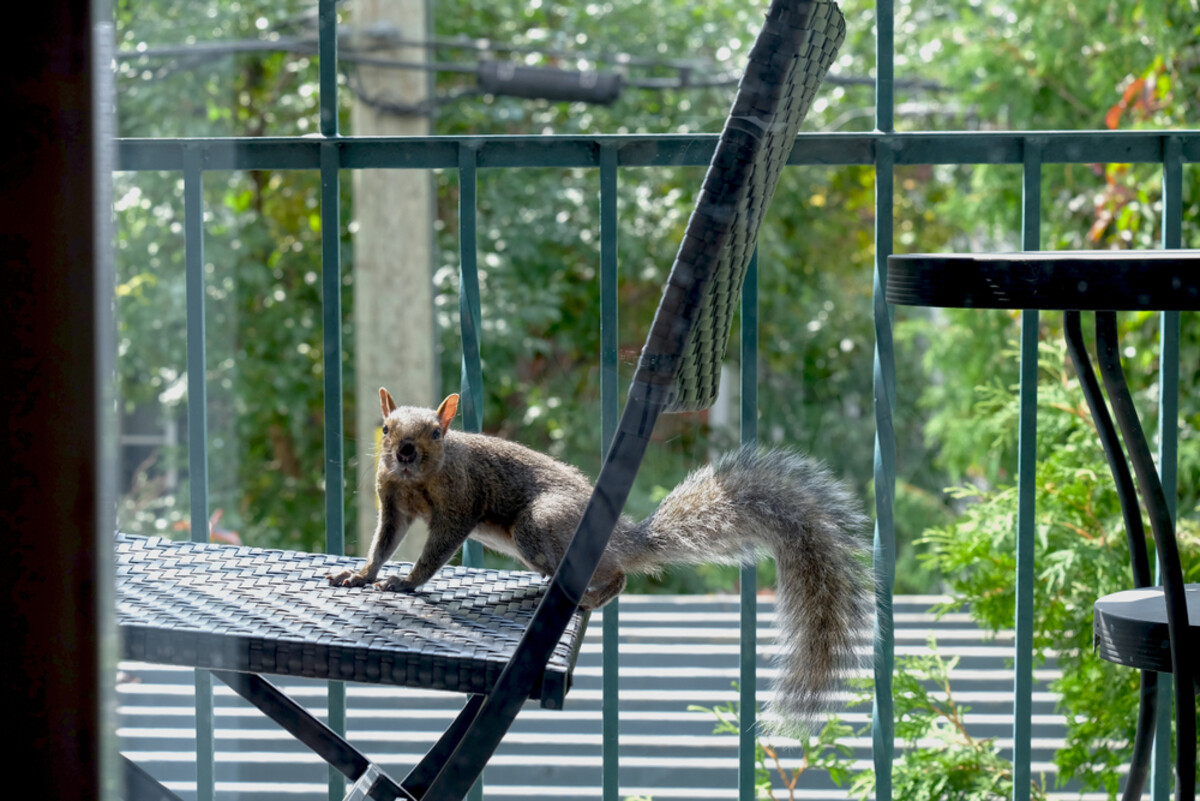
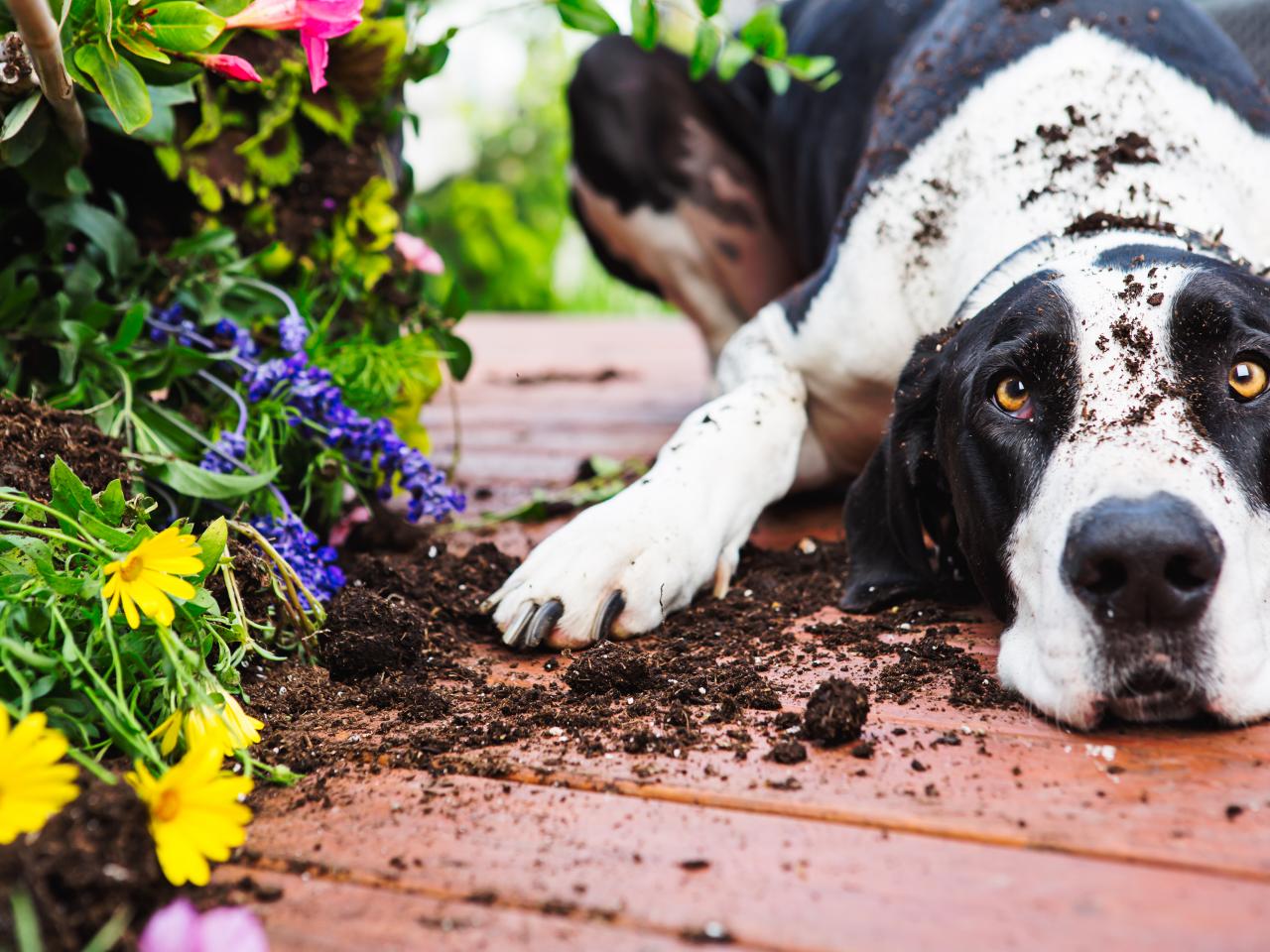
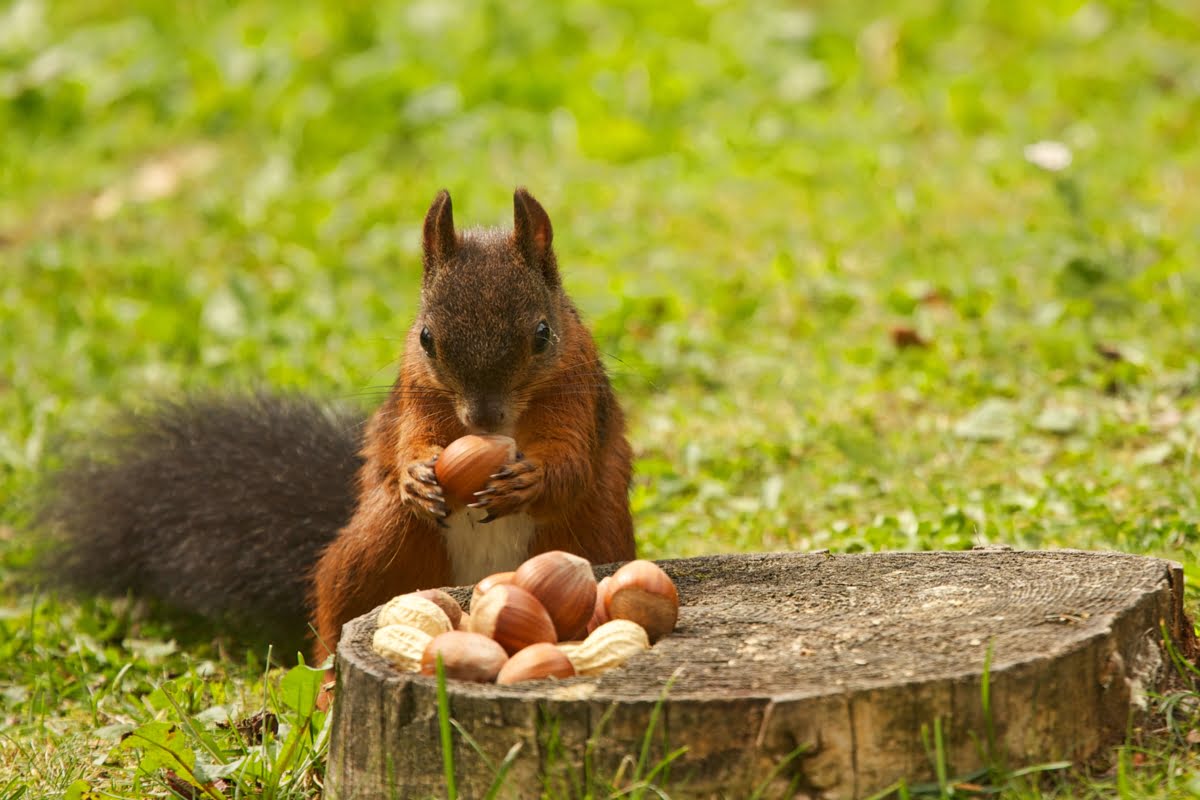
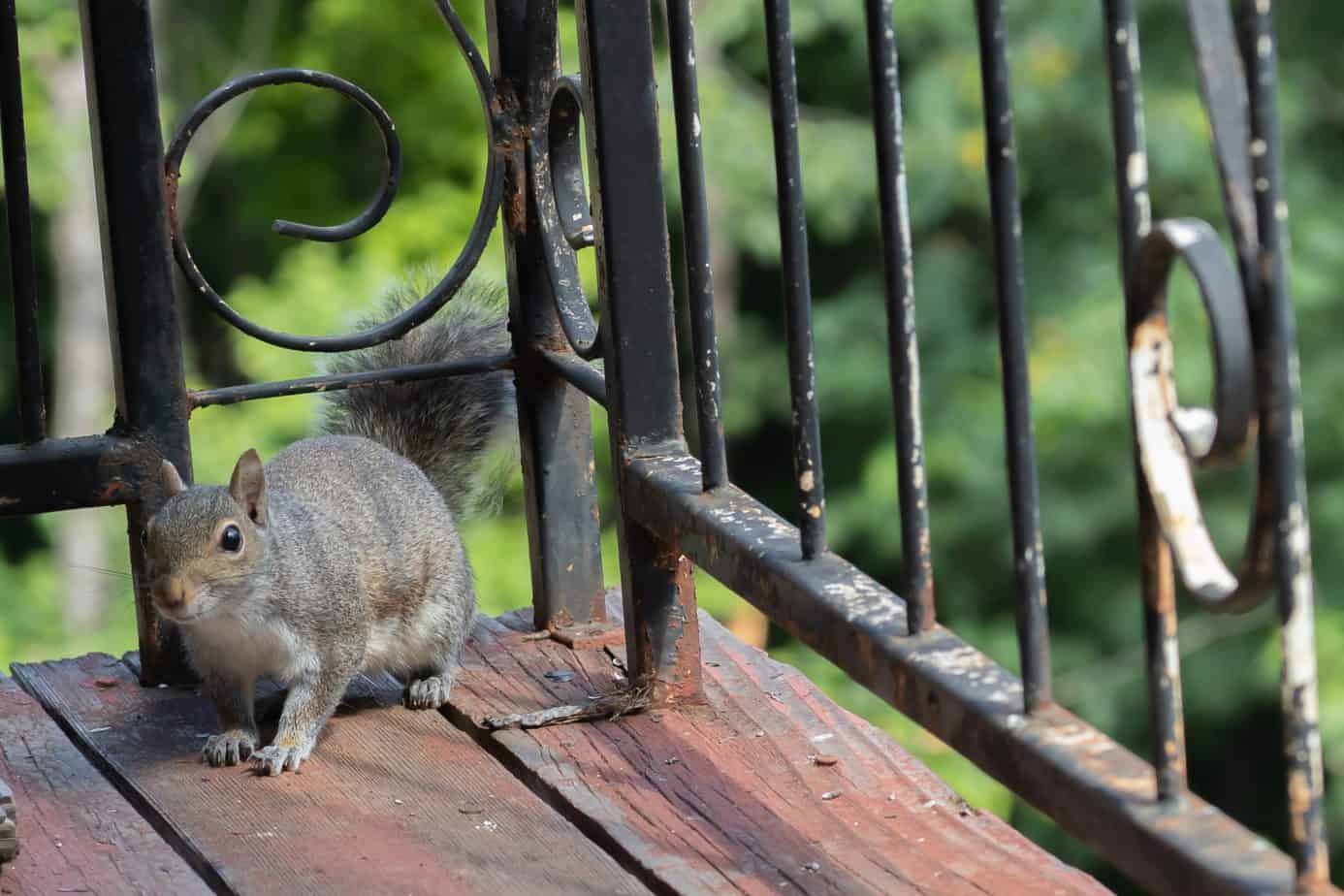
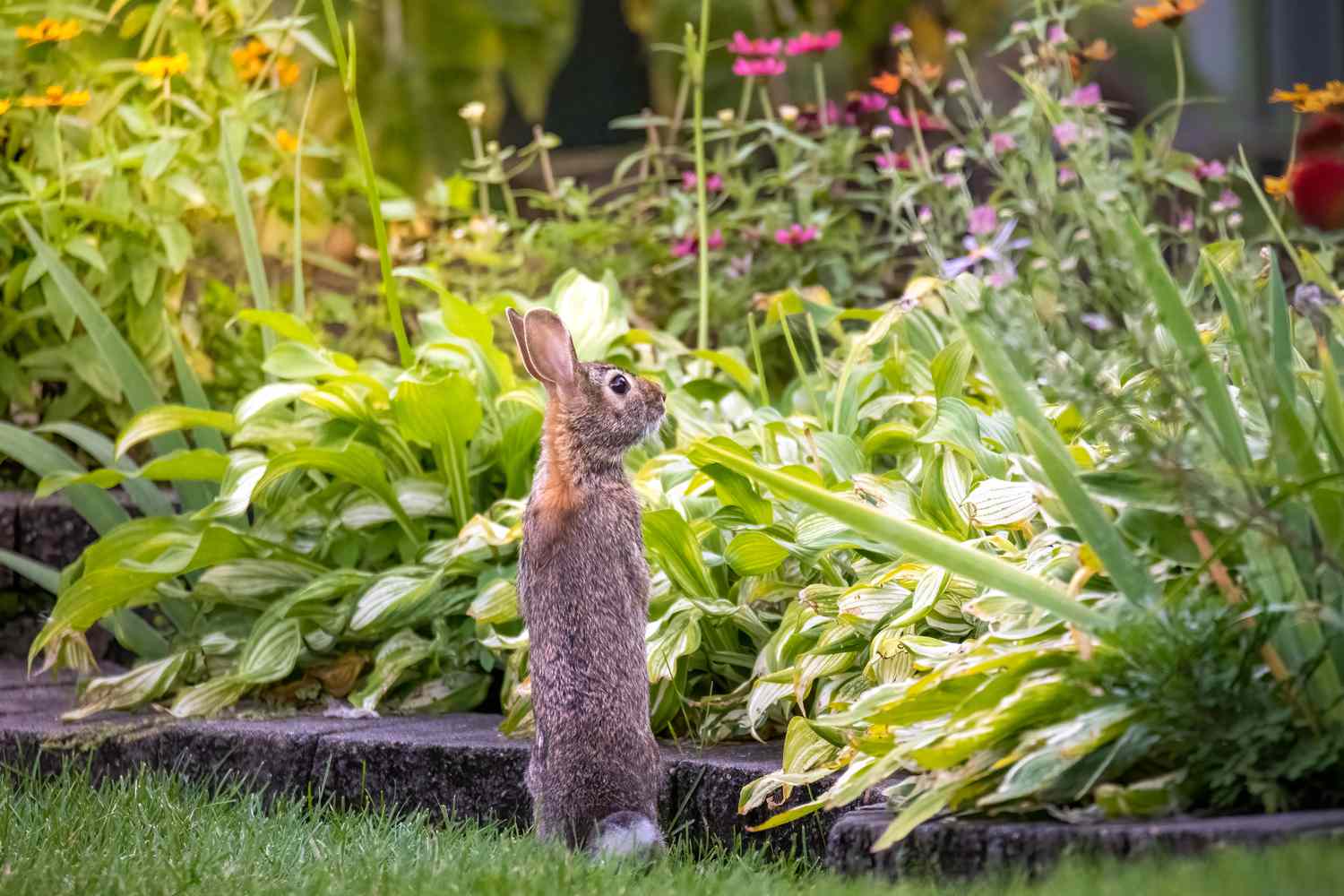
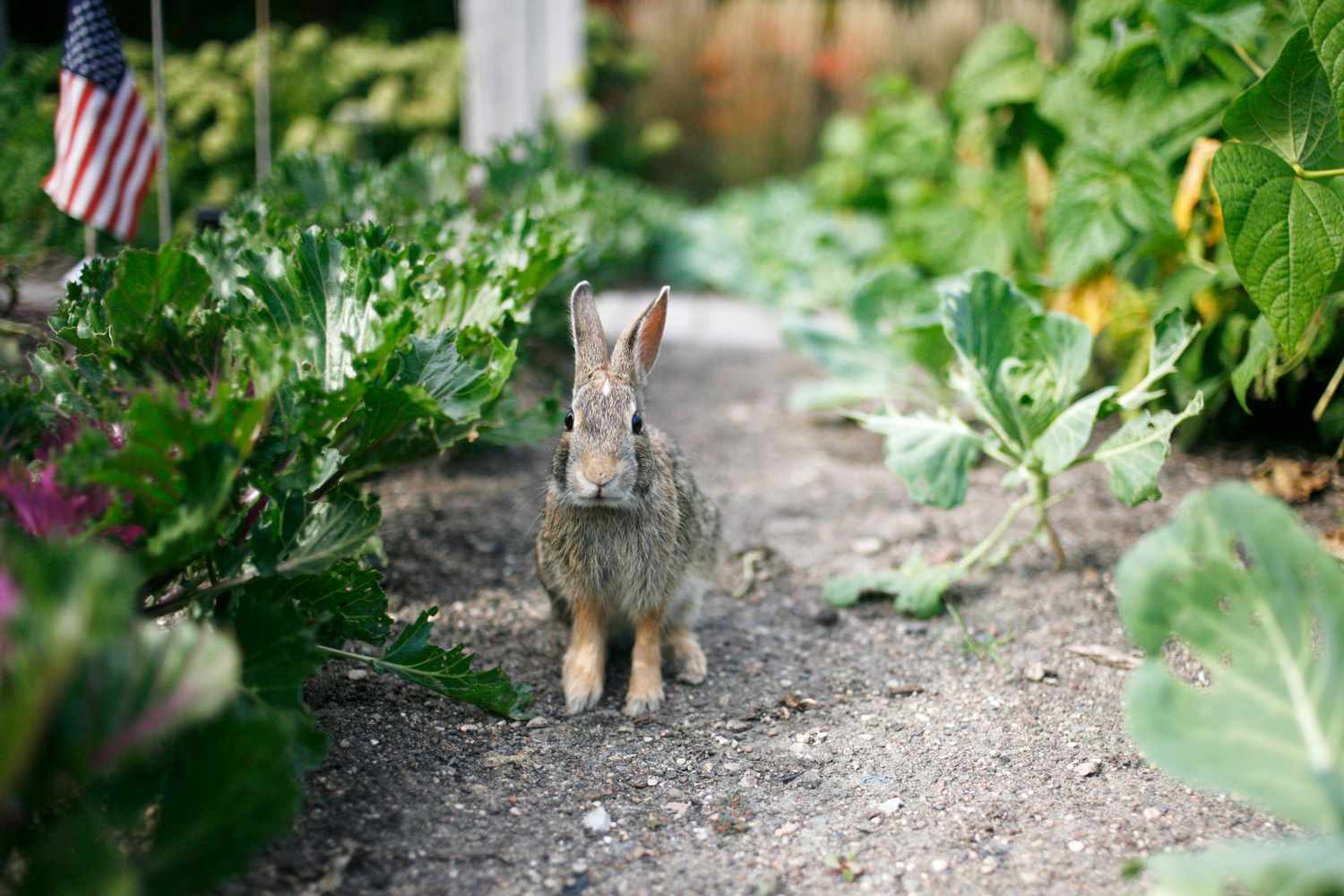
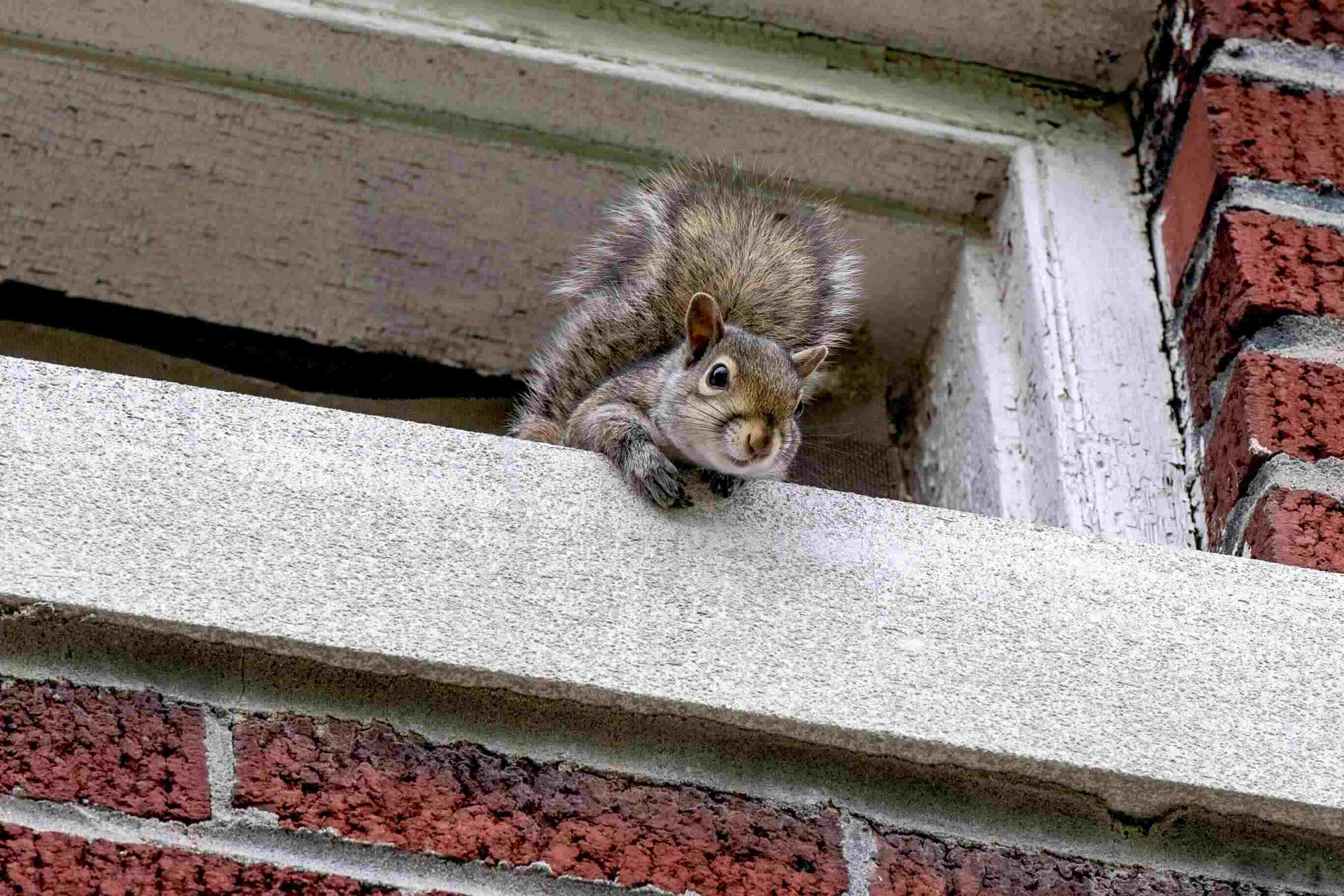
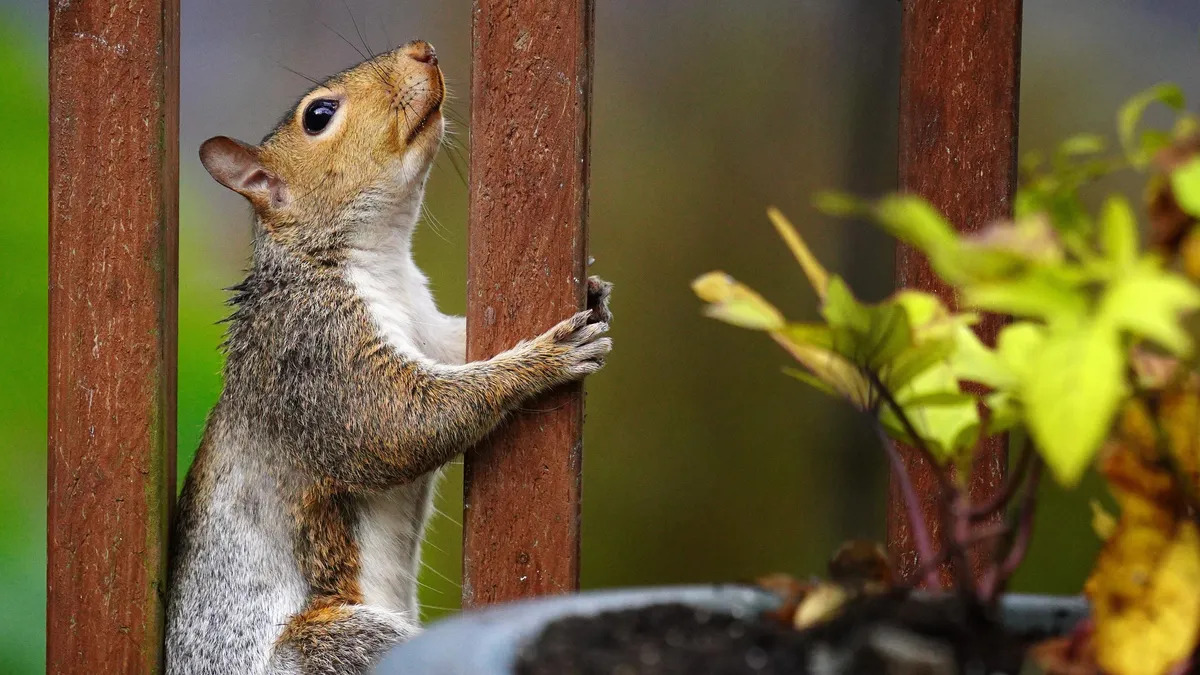
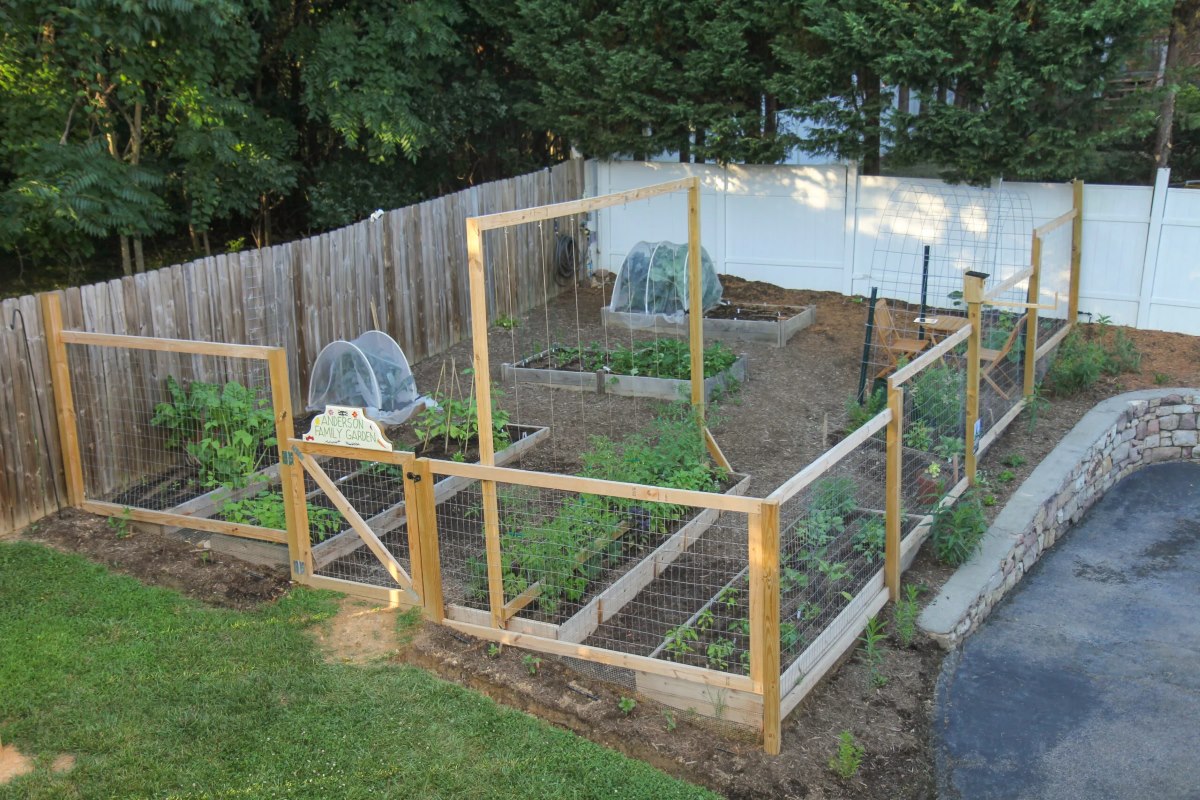
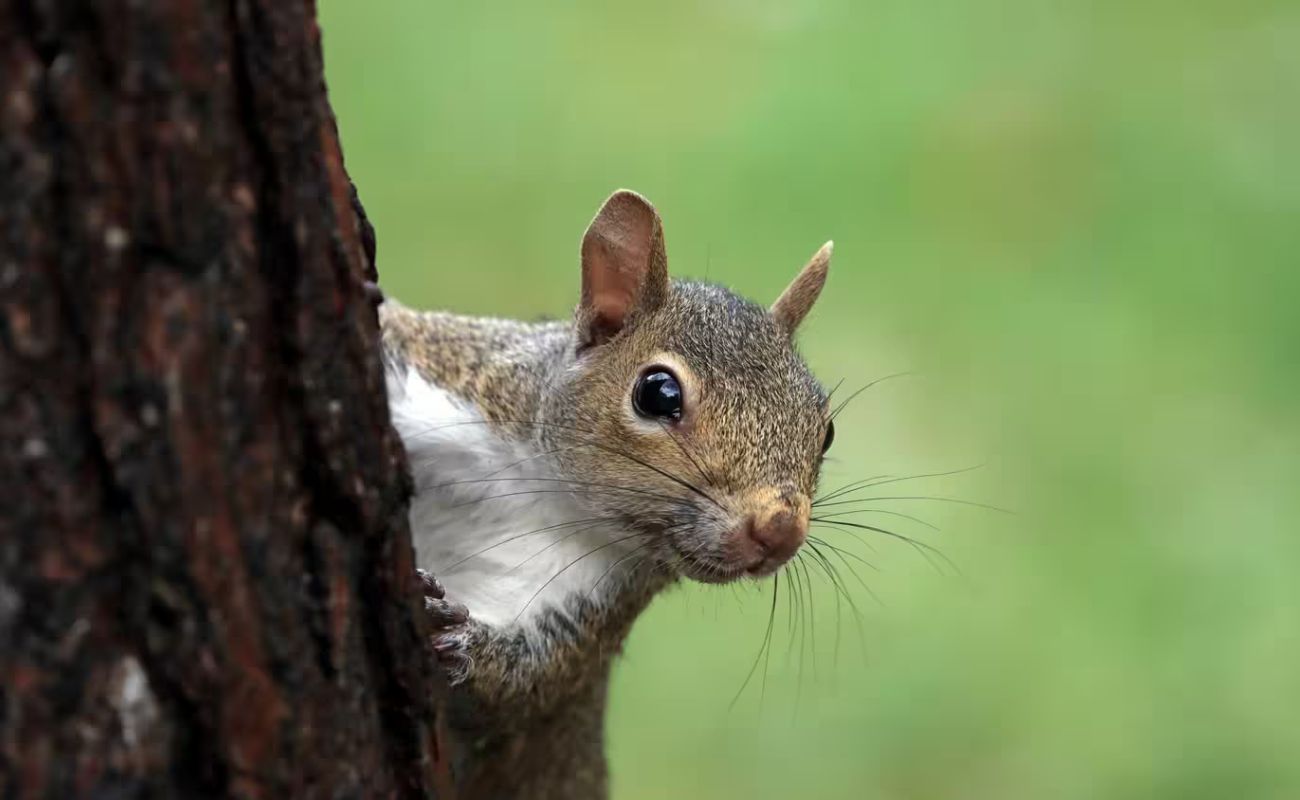
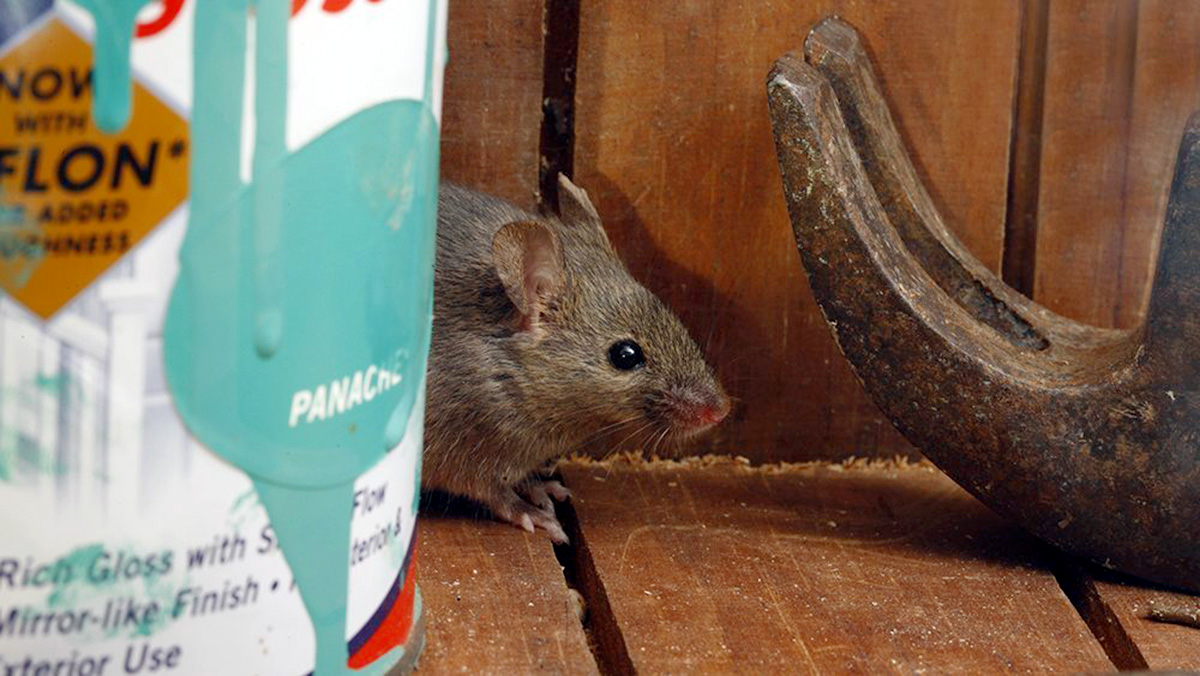


0 thoughts on “How To Keep Squirrels Out Of My Garden”